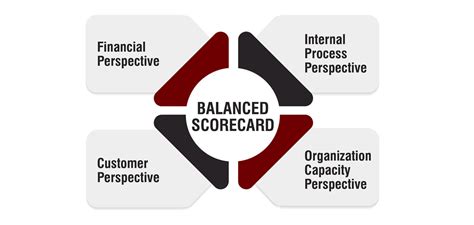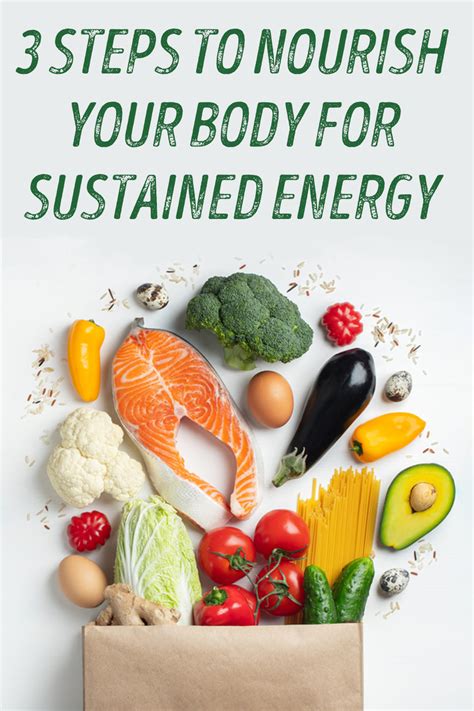Best carb timing for sustained energy & avoiding afternoon crashes?

Do you often find yourself hitting an energy wall in the afternoon, struggling to stay focused and productive? Many people experience this phenomenon, often dubbed the ‘afternoon slump,’ and while various factors contribute, the timing and type of carbohydrates you consume play a significant role. Optimizing your carb intake throughout the day can be a game-changer for maintaining steady energy levels and enhancing overall well-being.
Understanding the Energy Rollercoaster
The primary reason for energy crashes is often linked to fluctuations in blood sugar. When you consume refined or simple carbohydrates (like white bread, sugary drinks, or sweets), they are rapidly digested, causing a quick spike in blood glucose. Your body responds by releasing a surge of insulin to bring blood sugar back down. This rapid drop can leave you feeling tired, sluggish, and craving more sugar – a classic energy rollercoaster.
In contrast, complex carbohydrates (found in whole grains, vegetables, and legumes) are digested more slowly due to their fiber content. This results in a gradual, sustained release of glucose into the bloodstream, preventing sharp spikes and subsequent crashes. Understanding this fundamental difference is crucial for effective carb timing.

Breakfast: Fueling Your Morning Right
Starting your day with the right carbs sets the tone for your energy levels. Opt for complex carbohydrates paired with protein and healthy fats. This combination slows digestion, provides sustained energy, and keeps you feeling full.
- Good Choices: Oatmeal, whole-grain toast with avocado and eggs, Greek yogurt with berries and a sprinkle of nuts, or a vegetable and whole-grain wrap.
- Avoid: Sugary cereals, pastries, or large amounts of fruit juice without accompanying fiber or protein, as these can trigger an early morning crash.
Lunchtime Strategies to Beat the Slump
The post-lunch slump is arguably the most common energy dip. A heavy, carb-laden lunch, especially one high in refined carbs, can exacerbate this. The key is balance and moderation.
- Good Choices: A salad with plenty of non-starchy vegetables, lean protein (chicken, fish, tofu), and a modest portion of complex carbs like quinoa, lentils, or sweet potato. Whole-grain sandwiches or wraps with lean fillings are also good options.
- Avoid: Large portions of pasta, white rice dishes, or fast food options that are typically high in refined carbohydrates and unhealthy fats.

Afternoon & Evening: Steady Energy Flow
If you need an afternoon snack, again, focus on balanced options to carry you through to dinner without a crash. For dinner, your carb timing can depend on your activity level.
- Afternoon Snacks: A small handful of nuts with an apple, a rice cake with hummus, or Greek yogurt.
- Dinner: If you’ve had an intense workout or need to replenish glycogen stores, a moderate portion of complex carbs like brown rice, whole-wheat pasta, or starchy vegetables (potatoes, corn) can be beneficial. For less active evenings, focus more on non-starchy vegetables and lean protein, with a smaller portion of complex carbs.
Integrating Carbs with Other Macronutrients
The interaction between carbohydrates, proteins, and fats is crucial. Protein and healthy fats slow down the absorption of carbohydrates, blunting the blood sugar response and contributing to greater satiety. Always aim to combine your carbohydrates with these other macronutrients for optimal energy stability.
Key Takeaways for Sustained Energy
Achieving sustained energy and avoiding afternoon crashes is less about eliminating carbs and more about smart choices and timing:
- Prioritize Complex Carbs: Choose whole grains, legumes, fruits, and vegetables over refined sugars and starches.
- Pair Carbs Wisely: Always combine carbohydrates with protein and healthy fats to slow digestion and stabilize blood sugar.
- Mind Your Portions: Even complex carbs can cause issues if consumed in excessive amounts.
- Listen to Your Body: Pay attention to how different foods affect your energy levels. What works for one person might need slight adjustments for another.
- Stay Hydrated: Dehydration can also contribute to feelings of fatigue.

By making conscious decisions about when and what types of carbohydrates you consume, you can transform your energy levels, improve focus, and say goodbye to those unwelcome afternoon slumps.








